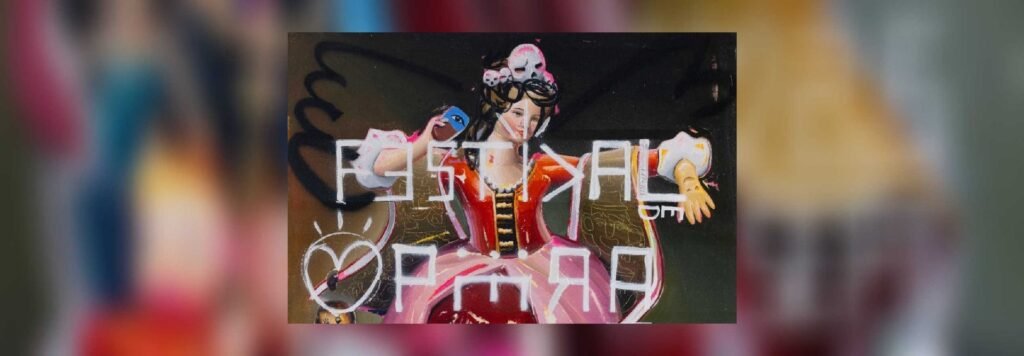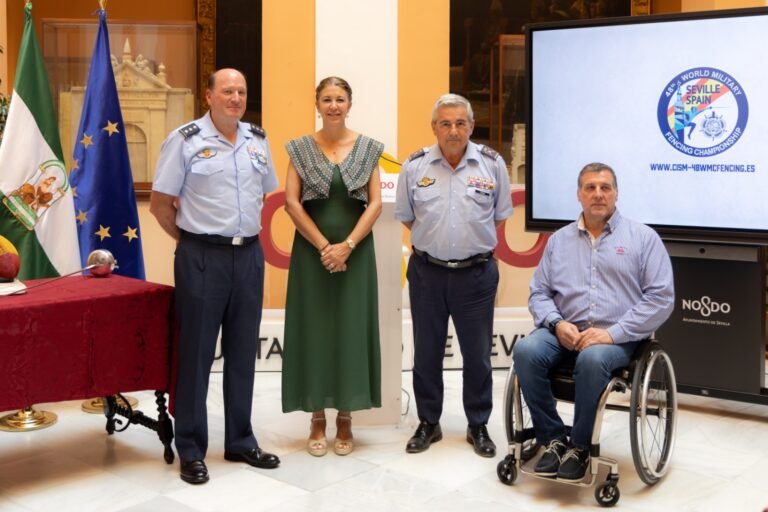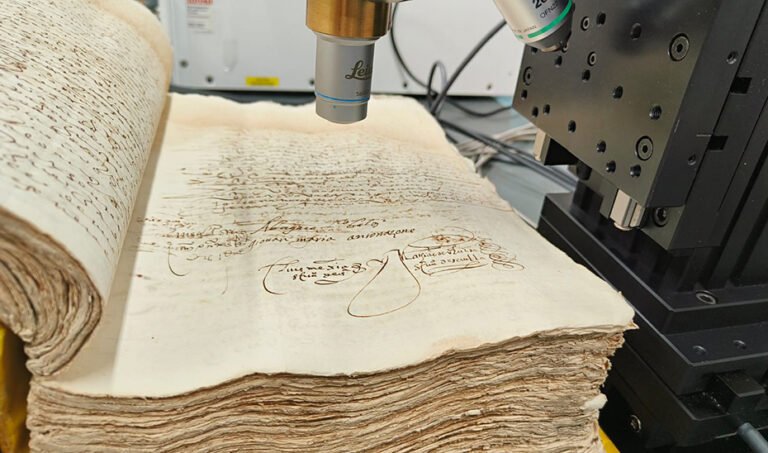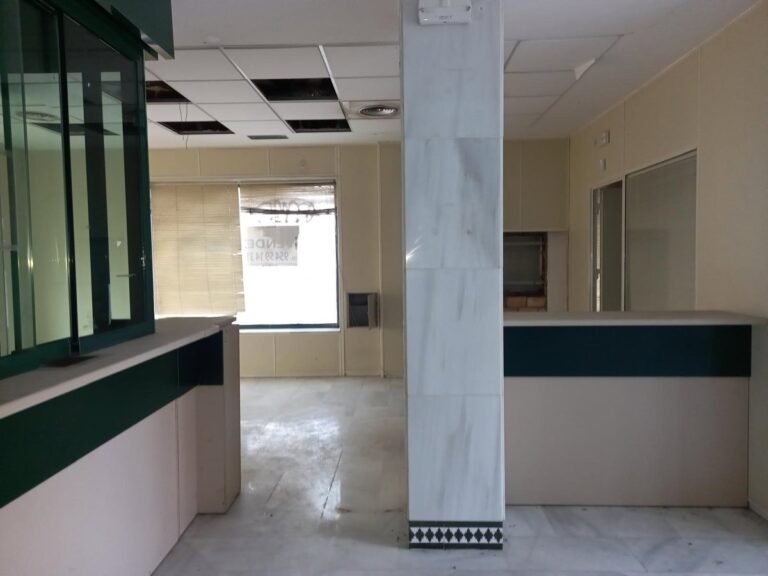
The Opera Festival of Seville, driven by the City Council of Seville through its Department of Tourism and Culture, transforms the Real Fábrica de Artillería into one of its boldest and most purposeful axes.
Between September 25 and October 12, this monumental industrial complex will host four productions that range from the Baroque repertoire to contemporary experimental language, consolidating its role as a space of intersection between heritage memory and new scenic poetics. All the proposals, which will start at 10 p.m., share an expanded vision of opera, conceived as a total art and a tool for critical reflection on the present.
"The Real Fábrica de Artillería is not only an icon of Seville’s industrial heritage: it is also a symbol of the cultural transformation that we are promoting from the City Council," said Angie Moreno, Delegate of Tourism and Culture. "Turning this venue into the epicenter of the Seville Opera Festival is a commitment to a living, inclusive, contemporary opera deeply linked to the soul of the city."
Poetic minimalism in an industrial space The programming at the Real Fábrica de Artillería kicks off with Les Enfants Terribles, by Philip Glass, on September 25, October 2, and October 5 in the Foundry Ship. This chamber opera, based on Jean Cocteau’s famous novel, unfolds as a psychological drama about the unhealthy symbiosis of two siblings locked in their own universe. Its repetitive, hypnotic, and deeply expressive language represents a milestone in 20th-century musical minimalism. The staging is signed by Susana Gómez, one of Spain’s most renowned directors at the moment, awarded the Ópera XXI Prize for her Turandot. Juan García Rodríguez, leading the musical direction, provides a precise and contemporary reading of the score.
The choreography is by Florencia Oz, a Chilean artist based in Seville who brings intense physicality to the production, influenced by her background in flamenco and contemporary dance. The cast includes internationally renowned performers: soprano Clara Barbier, winner of the Hugo Wolf Competition; mezzo-soprano Lydia Vinyes-Curtis; tenor Samy Camps; and baritone Dietrich Henschel, a German artist awarded a Grammy and a regular at major European festivals of new music. Monteverdi: war, body, and word On October 1 and 3, the Court of Carlos III hosts Il Combattimento di Tancredi e Clorinda, by Claudio Monteverdi, in a production by the Castell de Peralada Festival that recovers this key work of the early European Baroque as an allegory of conflict, passion, and tragic destiny. Written in 1624 based on an episode from Tasso’s Gerusalemme liberata, the work narrates the duel between two unknowingly opposed lovers.
The stage direction is by Andorran Joan Antón Rechi, with experience in theaters like La Fenice or the Deutsche Oper am Rhein, while the musical direction is in the hands of Fausto Nardi, a harpsichordist and director specializing in the Baroque repertoire. The instrumental performance is entrusted to the Baroque Orchestra of Seville, a formation with more than three decades of experience and recognized with the National Music Prize.
The voices of Rocío Martínez, Anna Alàs i Jovè, Víctor Sordo, and Francisco Fernández-Rueda complete a profound and theatrical reading of this work that continues to challenge the boundaries between narration, music, and gesture.
The myth questioned: Don Juan in the 21st century The contemporary opera Don Juan Does Not Exist, with music by Helena Cánovas and libretto by Alberto Iglesias, offers a critical reinterpretation of the quintessential male archetype of the operatic tradition. Premiered in 2022, this co-production with the Teatro Real, the Teatro de la Maestranza, and the Castell de Peralada Festival presents a demystification of the character of Don Juan from a contemporary sensibility: not as a libertine hero, but as a worn-out cultural construction. The stage direction by Bárbara Lluch, with extensive experience in venues such as Covent Garden or the Teatro Real, brings a subtle and symbolic perspective.
The baton will be wielded by Jhoanna Sierralta, a Venezuelan director trained in El Sistema, committed to contemporary repertoire and social projects. The cast is led by Japanese soprano Sachika Ito, specializing in contemporary creation, and baritone Josep-Ramón Olivé, an artist awarded by the Guildhall School of London. They are joined by the Royal String Quartet, a Polish ensemble renowned for promoting contemporary repertoire, and the Proyecto Lorca duo, incorporating elements of poetry and experimental music to give shape to a proposal of great conceptual density. The performances will take place in the Magallanes Forum on October 7 and 9.
Closing with its own voice: spoken opera as a mirror of the contemporary On October 10 and 11, the Scenic Hall of the venue will host Es lo contrario, a work by composer César Camarero, one of the key figures of Spanish contemporary music, recognized with the National Music Prize. This spoken opera, without a linear plot or traditional score, is situated at the border between sound installation, language theater, and scenic composition.
It is a radical proposal that dismantles the codes of traditional opera to question the relationship between word, time, and perception. Its interpretation is entrusted to the Zahir Ensemble, a cutting-edge Seville formation with extensive international experience, under the direction of Argentine Emilio Pomàrico, a regular figure at festivals like Donaueschingen or Darmstadt, and a collaborator with composers such as Sciarrino, Eötvös, or Huber. The result is a sensory and conceptual experience that invites the viewer to listen from a different place.
"We want the Real Fábrica de Artillería to become one of the great creative hubs of the city, and the Opera Festival is a privileged tool to activate that potential through artistic excellence," Moreno pointed out. "These four productions not only occupy a space: they dialogue with it, transform it, reinterpret it.
And, thereby, enrich the cultural imagery of Seville." A festival looking to the future through tradition The artistic direction of the festival, led by Francisco Soriano, positions Seville as muse, stage, and protagonist of the universal lyrical narrative. This first edition is part of Seville, City of Opera, a cultural strategy that vindicates the historical connection between the city and lyrical art, seeking to reactivate its centrality at a national and international level. "From the City Council of Seville, we understand culture as a right, but also as a lever for urban revitalization," Moreno concluded. "The commitment to the Artillery as the festival’s axis responds to a vision of the city where heritage and creation embrace to generate a more open, creative, and shared future."
Tickets and discounts available
All performances at the Real Fábrica de Artillería will start at 10:00 p.m. Tickets are already available on the festival’s official website and at the box office of the Teatro Lope de Vega. The Festival offers discounts for music and dance students, young people under 30, seniors over 65, unemployed individuals, performing arts professionals, large families, and persons with disabilities, as well as free tickets for accompanying persons with reduced mobility. The "Youth Minute" program allows you to purchase tickets with a 50% discount at the box office, half an hour before each performance, subject to availability.
More information: www.sevilla.org/festivaldeopera.




